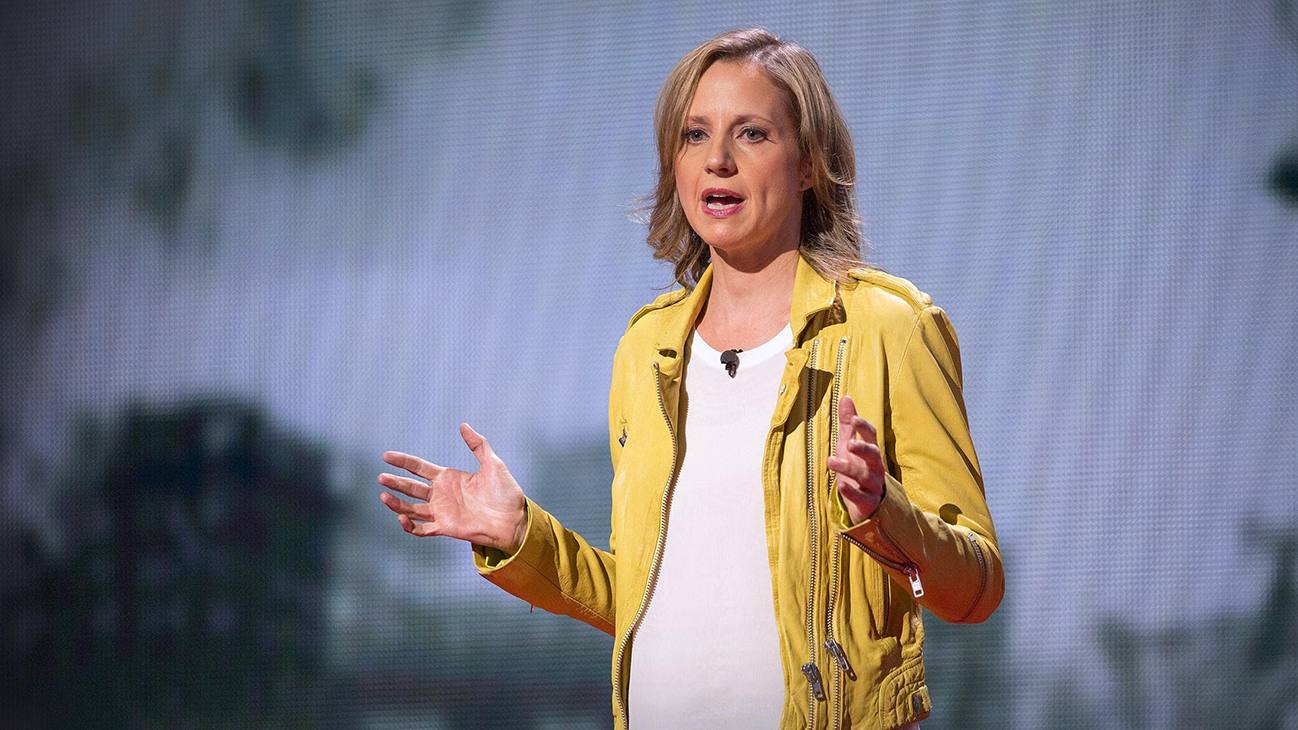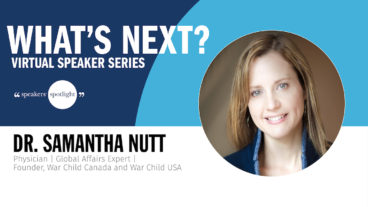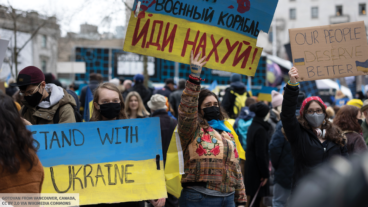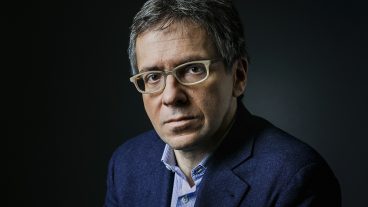Dr. Samantha Nutt has worked in war zones for more than half of her life. As a medical doctor and the founder of the internationally renowned non-profit War Child, she has spent more than 20 years on the frontlines of many of the world’s major crises and has become a sought-after authority on current affairs, public health, war, and foreign policy.
Samantha recently spoke with The Toronto Star on their podcast, This Matters, exploring the long-term impact war has on children — specifically referencing the current war in Ukraine — and why long-term support and investment in children’s well-being post-violence is even more important than short-term aid.
The Devastating Long-Term Effects of War
Since Russia invaded Ukraine, more than three million people have been forced to flee their home country with even more people displaced within Ukraine itself. Half of these people are children.
While short term aid is incredibly important to help these displaced people access basic supplies, shelter, and support now, Samantha said, long-term support is needed to truly counteract the impact of war on younger generations and stop the cycle of violence and warfare.
War is brutal, Samantha said, and if you live through it, it is something you never forget. Many of the children walking into refugee camps right now are deeply traumatized. Their whole world has been upended and they’ve lost everything.
It will be a lifelong struggle for these children, Samantha said. Post-traumatic stress manifests in different ways, but can include anxiety and depression, learning issues, gaps in memory, difficulty concentrating, agitation, and hostility. These are the side effects of war that manifest months and even years later.
This is why consistency, investment, and support are required in the long-term, Samantha said. Children in particular are very vulnerable, she continued, especially if they have lost family. They are easy targets for human trafficking and gang or armed groups recruitment. This is where we’ll see that cycle of violence and war continue, Samantha said.
Ending the Cycle of War and Violence
To move past conflict, children of war need to be given opportunities in life, Samantha said. The most important thing they need is a return to their routines as quickly as possible, meaning getting them back to school, back to their friends and family events, she continued. The longer they stay away from this type of normalcy, the harder it is for them in the long-term.
Even when life becomes more stable for these children, their deficits can be so significant that it stops them from being able to move forward — they don’t want to be 14 or 15 years old and going back into grade one, Samantha said. This is why often youth drop out of school and enter a cycle of lifelong poverty.
Children need to be given the opportunity to catch up and contribute to their communities in order to move beyond the violence of their past, Samantha said. Employment is extremely important, especially for young men, she added, to keep them from picking up guns. This is where long-term aid comes in. We need to proactively provide these children with alternatives.
It takes less than one generation to see the effects of a well-managed aid program, Samantha said. Short-term investment, especially during those acute phases of conflict and violence, is crucial, but too often it comes at the expense of long-term, broader goals that would truly reduce the likelihood of violence and the threat of war over time.
Listen to Samantha’s full podcast episode.
Dr. Samantha Nutt is a respected authority for many of North America’s leading media outlets. She draws on her incredible wealth of experience to share unique insights into global issues and what they mean to her audiences.




